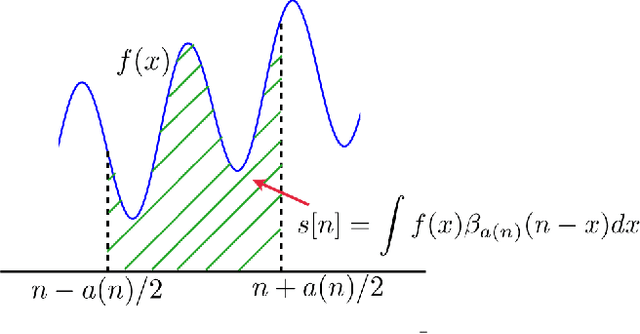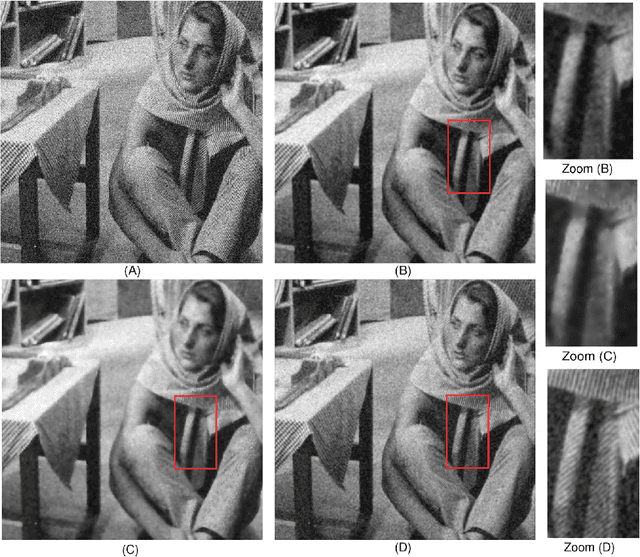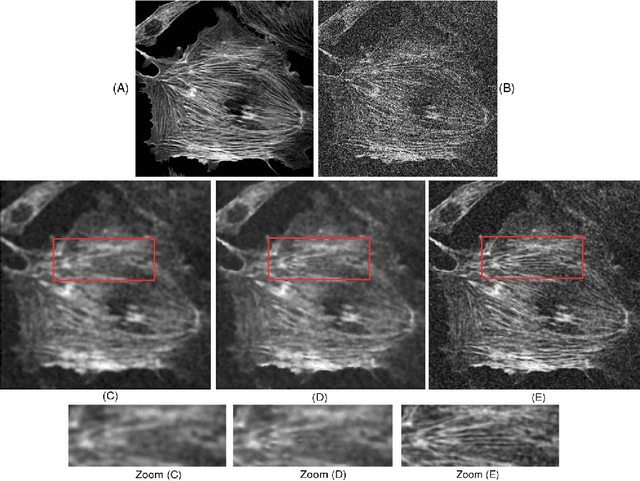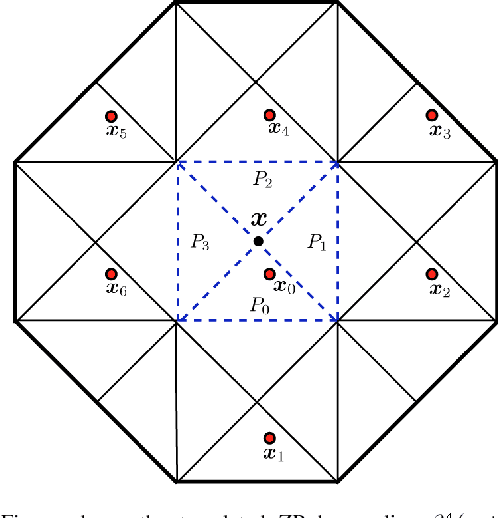Fast space-variant elliptical filtering using box splines
Paper and Code
Sep 13, 2011



The efficient realization of linear space-variant (non-convolution) filters is a challenging computational problem in image processing. In this paper, we demonstrate that it is possible to filter an image with a Gaussian-like elliptic window of varying size, elongation and orientation using a fixed number of computations per pixel. The associated algorithm, which is based on a family of smooth compactly supported piecewise polynomials, the radially-uniform box splines, is realized using pre-integration and local finite-differences. The radially-uniform box splines are constructed through the repeated convolution of a fixed number of box distributions, which have been suitably scaled and distributed radially in an uniform fashion. The attractive features of these box splines are their asymptotic behavior, their simple covariance structure, and their quasi-separability. They converge to Gaussians with the increase of their order, and are used to approximate anisotropic Gaussians of varying covariance simply by controlling the scales of the constituent box distributions. Based on the second feature, we develop a technique for continuously controlling the size, elongation and orientation of these Gaussian-like functions. Finally, the quasi-separable structure, along with a certain scaling property of box distributions, is used to efficiently realize the associated space-variant elliptical filtering, which requires O(1) computations per pixel irrespective of the shape and size of the filter.
 Add to Chrome
Add to Chrome Add to Firefox
Add to Firefox Add to Edge
Add to Edge